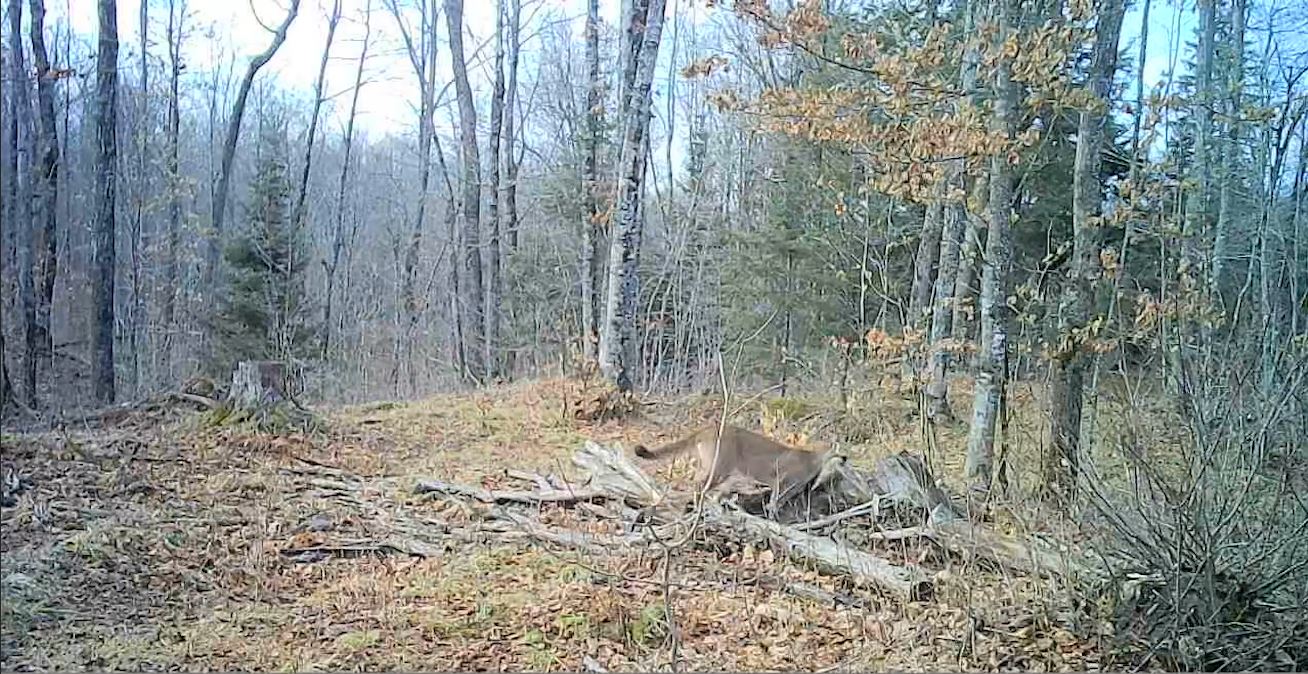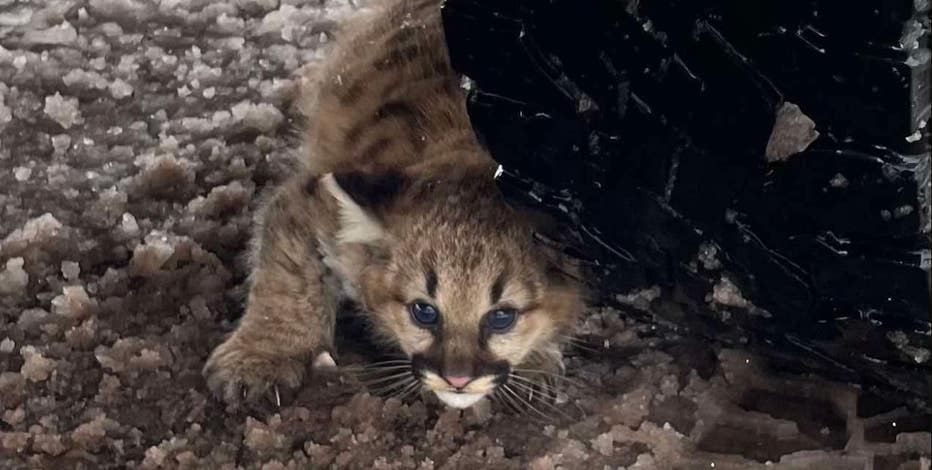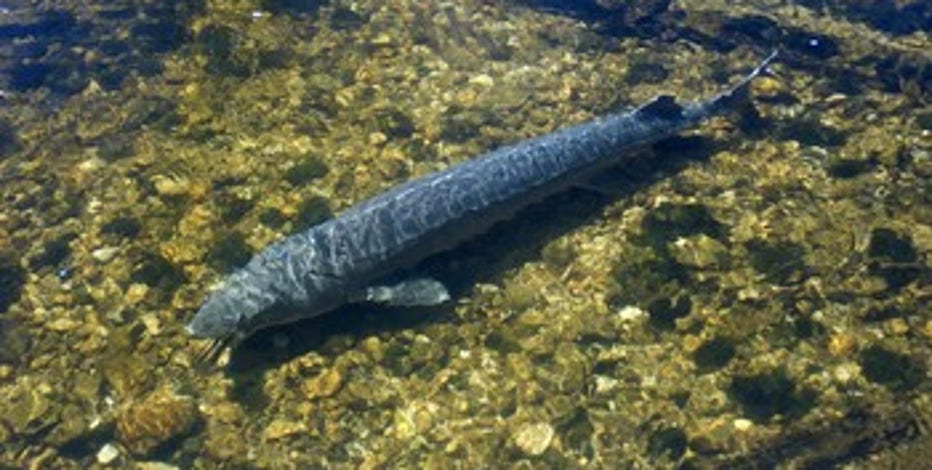Michigan black bears are migrating into the Lower Peninsula, increasing interactions with humans

Cougar spotted dragging deer after catching it on camera
A cougar drags away a deer it caught moments earlier. The footage was captured on a trail camera set up in Michigan's Upper Peninsula. Video courtesy of Eli Schaefer.
(FOX 2) - Bears are on the move in Michigan and residents around cities in the Lower Peninsula are no longer insulated from interactions with the large omnivores.
With thousands now occupying land south of the Mackinac Bridge, the state is asking people to take measures to ensure as little conflict with the animals as possible.
Big picture view:
The Michigan Department of Natural Resources estimates approximately 2,000 bears live in the Lower Peninsula, which increased sightings around Traverse City, Grand Rapids, and Midland.
While managing interactions with bears is common in the Upper Peninsula, it's a relatively new phenomenon for those that live further south.
Residents will have to coexist with bears as this trend continues, the DNR says.
That means being prepared for their emergence in the spring, keeping easy-to-access food out of their way, and using common sense if they do make an appearance in someone's yard.
Featured
Cougar cubs spotted in Michigan for first time in 100 years
For the first time in a century, cougar cubs have been seen and confirmed in Michigan. The big cats were hunted out of existence in the Upper Peninsula in the early 1900s.
Local perspective:
According to the DNR, two residents from the Traverse City area decided to leave food out for bears every day, even naming them.
This is bad news, according to Stephen Griffith, a biologist with the DNR. If bears become conditioned to expect food, they risk being euthanized by animal control officers.
"As the saying goes," Griffith said, "a fed bear is a dead bear."
Residents should also be wary about leaving bird feed out. Wildlife officials liken seeds for bids as fast food for bears, which can smell it from a mile away. They will also follow the scent of unsecured garbage and food left outside.
If a bear does start to come around in response to available food, residents should remove the sustenance and give the animal two weeks to stop coming around.
What you can do:
Just because a bear emerges on someone's property is not a reason it will be removed.
While the DNR fields hundreds of calls a year for bear complaints, they seldom make efforts to remove the animal. It's much easier to let them keep on passing through without giving them a reason to return.
But if a bear does become a problem, DNR officials can use rubber buckshot or pyrotechnics to scare them away. While capturing and relocating them is an option, available land in the Upper Peninsula is becoming increasingly scarce as more acreage is developed. About 10,000 bears occupy the northern region.
If someone does come face to face with a bear, they should not run. Instead, making loud noises and banging metal pots together is the best way to make them leave.
That means standing your ground, make yourself look big, yell loudly, and only after the bear stops its approach should you back away.
If the bear does make contact with you, don't play dead. Instead, fight back with anything you have.
The Source: The Department of Natural Resources



